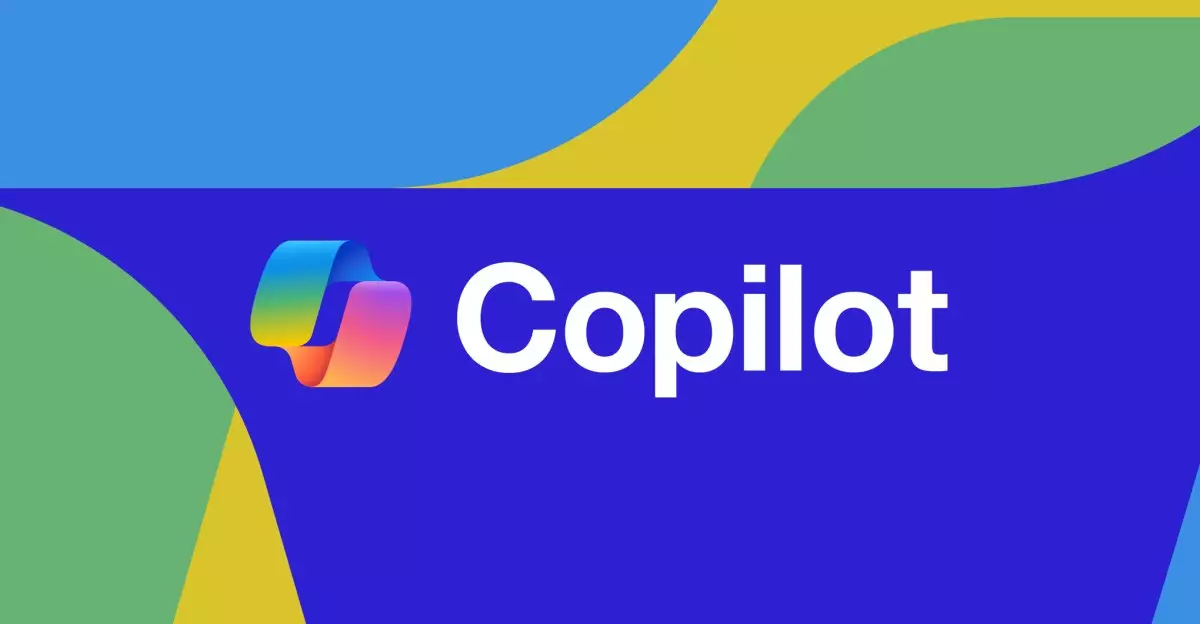As Microsoft approaches its significant 50th anniversary, the tech giant has unveiled an impressive evolution of its AI assistant, Copilot. This update is not just a mere bump in performance; it positions Copilot as a frontrunner in the realm of AI tools, setting the stage for a personalized digital experience akin to rivals like ChatGPT and Claude. But what makes this transition so groundbreaking is the profound focus on personalization and interactivity, which goes beyond simple efficiency.
The Power of Personalization
At the core of Copilot’s latest iteration is a feature known as Memory. This innovative addition allows users to input personal preferences, interests, and even significant dates like their birthdays. Imagine your AI assistant recalling how you prefer your work-related emails structured or suggesting a perfected dinner recipe based on your culinary inclination. This level of engagement would not only enhance convenience but create a genuine sense of connection between the user and the technology. Microsoft assures users that they will have control over what information Copilot retains, and the opportunity to opt-out is a testament to their commitment to privacy and user satisfaction.
However, the question remains: could this development lead to a reliance on AI for maintaining our digital lives? While you may welcome the assistance, one cannot ignore the potential vulnerability of becoming overly dependent on an external source for personal reminders or organizational tasks. The balance between facilitating productivity and fostering dependency is a fine line that must be navigated carefully.
From Tasks to Transformations
The Actions feature takes Copilot’s capabilities to a new stratosphere. Incorporating web-based functionalities means users can author tasks that Copilot can execute autonomously, whether that involves booking a table at a restaurant or securing tickets for a concert. With the integration of powerful web browsing capabilities, users can witness firsthand how the line between human and machine interaction is blurring. As it stands, this feature draws parallels to OpenAI’s Operator agent, showcasing how competitive the AI landscape is becoming.
Moreover, Copilot’s shopping capabilities are equally futuristic; the AI’s ability to scour the internet for product comparisons and discounts could rival human discerning skills. The convergence of research and automation paints a picture where the AI not only acts as an assistant but also as an advocate for smarter purchasing decisions. This exemplifies the potential of AI to empower users with knowledge and savings, although one must ponder whether the reliance on an AI for financial decisions risks promoting impulsive consumerism.
Seeing Beyond: Copilot Vision
Part of the excitement around this update lies with Copilot Vision. The new capability allows the AI to ‘see’ what’s on your screen in Windows and across your mobile apps. Imagine asking your AI assistant a question about a spreadsheet while simultaneously viewing files from different applications. The thought of having such an empowered assistant can make workflows more seamless and manageable.
Yet, one cannot ignore the implications of such visual engagement. This form of engagement raises questions about security and privacy. Is there a risk that sensitive information might inadvertently be exposed through casual interaction? While the convenience of having an AI that can provide visual context and assistance is advantageous, awareness around potential cybersecurity threats must also be part of the discussion.
Innovative Research Integration
A striking addition to Copilot’s features is its innovative Deep Research functionality. This capability allows the AI to sift through extensive documentation and online material, delivering insights that can vastly enhance project development. Coupled with Bing’s AI-powered responses, users can expect an experience that is not only intelligent but also layered with comprehensive information that caters to complex queries.
The introduction of podcast-style audio generates an additional dimension to Copilot’s offering, allowing users to consume information in an easily digestible format. This blend of auditory learning and complex research could revolutionize the way we engage with information, driving home the notion that learning does not always have to come from traditional reading. Yet, the concern remains: is podcast-style information just another way to saturate users with content?
Looking Ahead: Expanding Possibilities
As Microsoft rolls out these exciting features, anticipation builds regarding how the AI landscape will transform in response. The commitment to personalization, task automation, and deep integration of visual and auditory capabilities solidifies Copilot’s role as a pivotal player. As the features begin to land in user hands, their day-to-day interactions with the digital world may evolve into something far more intuitive and responsive.
In embracing this new era of AI assistance, users must remain discerning. The promise of a partner that understands and adapts to individual needs is undeniably appealing, yet caution must be exercised as we tread deeper into this AI-driven future. What was once a helper may morph into an essential part of our digital identity, and as exciting as that is, it is also a development that requires careful consideration of its broader implications.


Leave a Reply